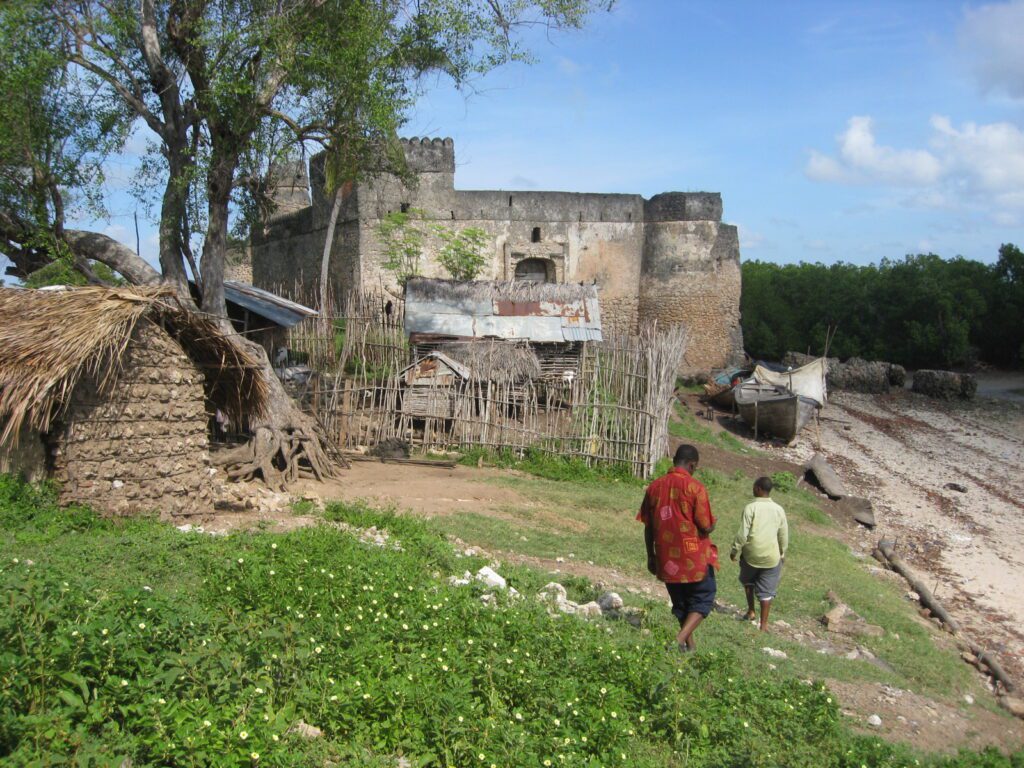Tanzania – Diagnostic Trade Integration Study and the Tourism Value Chain Tanzania
What
Update the Diagnostic Trade Integration Study (DTIS) by analyzing trade related aspects of the tourism sector, focusing on the opportunities and challenges of maximizing linkages to the domestic economy.
The DTIS Update’s objectives were to (a) take stock of progress in the implementation of the 2005 Action Matrix recommendations; (b) complement and deepen the earlier analysis in selected areas with a special focus on three value chains, agribusiness, mining and tourism; and (c) revise the Action Matrix accordingly.
This study provided an analysis of the major trade and regulatory constraints identified in the earlier DTIS, including a review of the
USAID/GOT Constraints Analysis, the Development Plan, Vision 2025, Big Results Now (BRN), Transport Lab., and other assessments including the World Bank Country Economic Memorandum.
Activities & Services:
- Analysis of the market based on secondary data and key stakeholder interviews;
- Mapping of the value chain (prepare a process map for the industry/service sector);
- Concise performance assessment based on available secondary data;
- Identification of the major policy and regulatory issues constraining competitiveness, separating our economy-wide bottlenecks from sector-specific factors;
- Policy recommendations taking into account the costs of intervention and compliance. Where appropriate, identify good practices in the sector from examples in comparator economies.
Results:
- Summary report on the structure of the tourism value chain, highlighting recent growth trends, major products, markets, ownership structures, and plans for future investment.
- Report on the major policy and regulatory issues influencing investment in Tanzania along different parts of the tourism value chain.
- Report on the major constraints impacting existing and planned investments in the tourism and hospitality sector.
- Recommended strategies for encouraging linkages to small scale tourism service providers and input suppliers (with linkages to agribusiness, and handicrafts).
- Recommended opportunities to leverage benefits through increased regional integration (including liberalization of trade in tourism services).
- Business enabling environment factors were analyzed: access to credit, limited infrastructure, labor skill shortages and difficulties meeting required service and delivery standards, environmental concerns, elephant poaching, and visa and permits for regional and international staff.
- A map of ongoing and potential projects supporting the tourist value chain.




